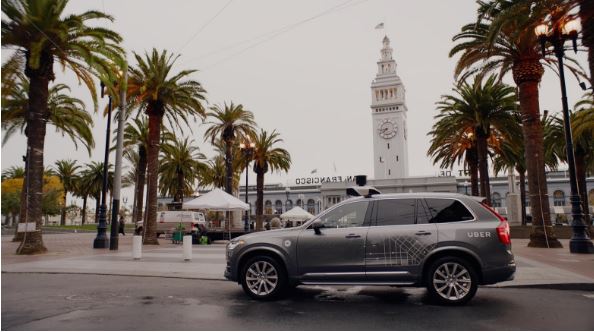We’ve been hearing a lot lately about driverless cars: how they are being trialled by big names like Google and Uber in the United States, in Singapore and Dubai, and how their wide acceptance is just around the corner.

However, one car manufacturer says fully driver-free vehicles are a long way down the track — for one simple reason.
The benefits of such vehicles are obvious, especially for tourists and business travellers. Imagine arriving at a foreign destination and having a car waiting for you that drives itself and knows its way around.
Site-seeing and working while you get to to where your going suddenly becomes possible. And you don’t have to listen to a political rant from the driver (although I’d like to think that that may still be an option).
So why is Toyota not convinced? Because it says that while society accepts human error as a reason for the car crashes that kill so many thousands of people on our roads, they won’t accept it if these deaths are caused by robots.
External link: Should driverless cars make life-or-death decisions?
And, even though there may be fewer accidents and fewer deaths, road fatalities won’t be eliminated — not even if every car on the road is driverless. There are bound to be malfunctions.
Most “driverless” vehicles on the roads these days actually have a driver who can override the computer. And that’s likely to be the way things stay for a long time, according to some pundits.
However, other reports say that driverless cars are already deciding “who to kill” in accident scenarios.
So I guess the question is: are we really ready to give machine the power over human life and death?
There is more on this here and at the Moral Machine website, a project from researchers at the Massachusetts Institute of Technology.
